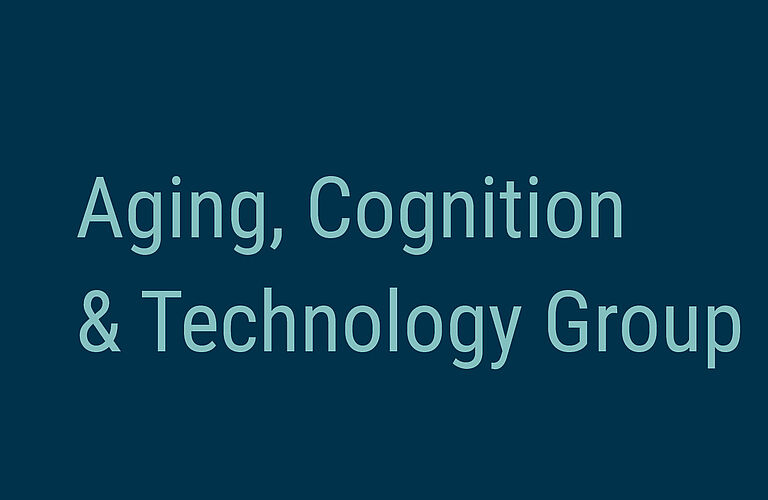Research Topics

Our research pursues four overall aims. Firstly, we characterise neural and behavioural mechanisms of human spatial navigation. In 2014, the Nobel prize in Medicine/Physiology was awarded for the discovery of place and grid cells in rodents, two central components of the mammalian navigation system. Inspired by this and related work, we study how humans navigate their complex environments and how neural computations support this fascinating behaviour.

Secondly, a decline of navigational abilities is often seen in older adults and in patients suffering from dementia. Given that these deficits can have dramatic consequences for mobility and independence, we study how aging and preclinical dementia affect our sense of direction. In addition, we characterise generic mechanisms of age-related change (i.e. neural dedifferentiation) that are likely to contribute to a variety of cognitive deficits in old age and early dementia.

Thirdly, we develop theoretically motivated diagnostic tools to improve the assessment of cognitive dysfunction. Specifically, we develop novel tests targeting specific spatial computations carried out in dedicated (sub-)cortical modules. The long-term goal of this line of work is to establish validated tools that can (i) be used for standardised neuropsychological assessment and (ii) serve as cognitive endpoints in clinical studies.

Finally, we develop behavioural interventions to counteract cognitive changes in the aging brain. This work targets specific neural processes (i.e. improving memory consolidation by promoting neural replay) or seeks to ameliorate cognitive decline by training novel cognitive strategies. In addition, we explore the potential of interactive virtual reality to treat anxiety disorders and related psychiatric symptoms.
To achieve these ambitious aims, we employ a multipronged methodological approach encompassing interactive virtual reality, structural and functional neuroimaging, electrophysiology, and eye tracking. In addition, we entertain multiple national and international cooperations that broaden the scope of our approach with computational modelling, human lesion studies and animal experiments.

